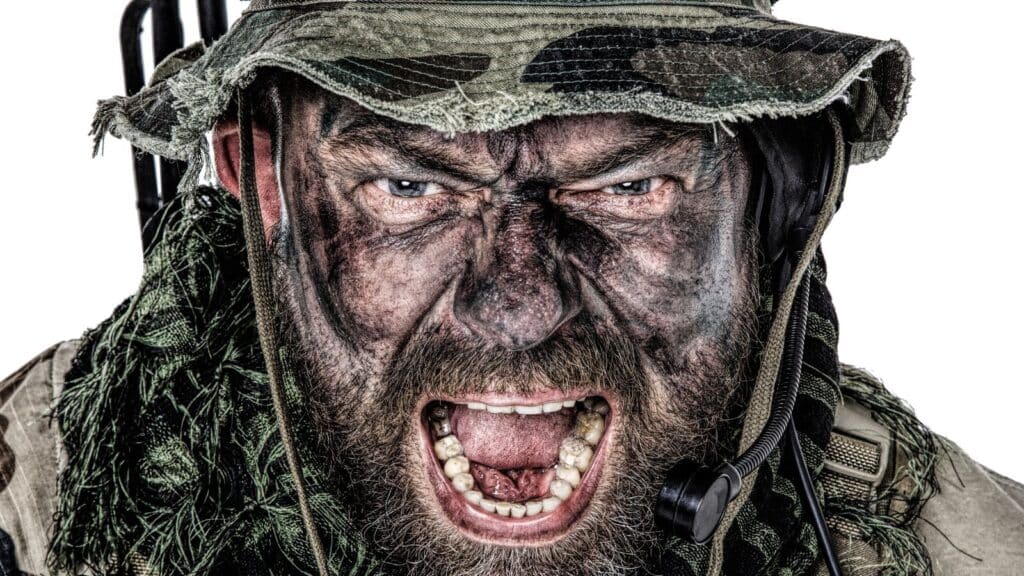People in the military need to act fast when they need to, which means communicating effectively. Specific terminology ensures everyone understands orders, procedures, equipment, and situations the same way. Some military phrases have crossed over to civilian life, as we see in these 21 examples.
“Ambush”
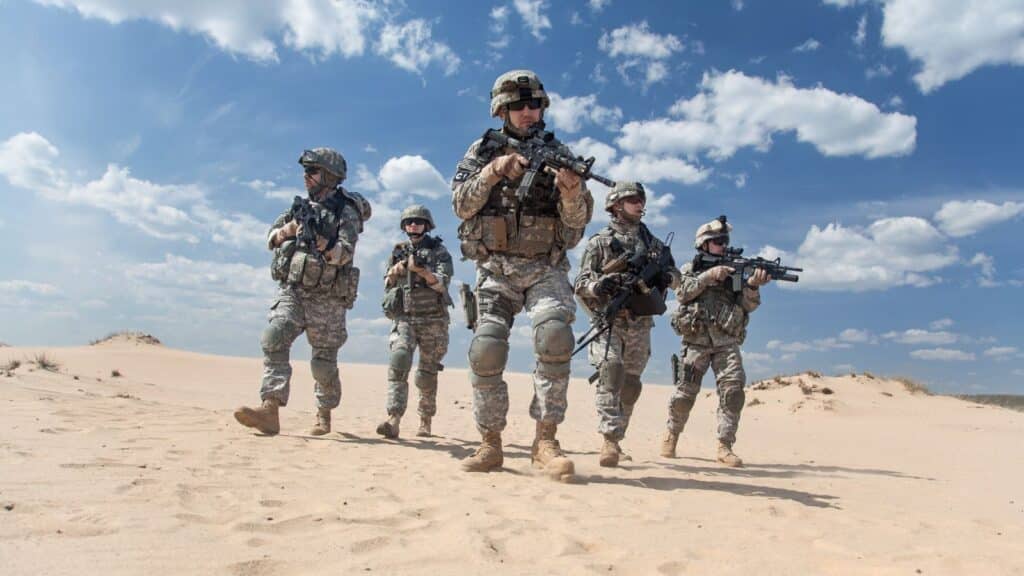
The word “ambush” is commonly used when we are taken by surprise or want to attack someone sneakily. The term originates from the military when there is a surprise attack by a group of fighters lying in wait for the enemy to pass by. In military terms, an ambush is designed to inflict as much damage as possible to deplete the opposition.
“Balls to the Wall”
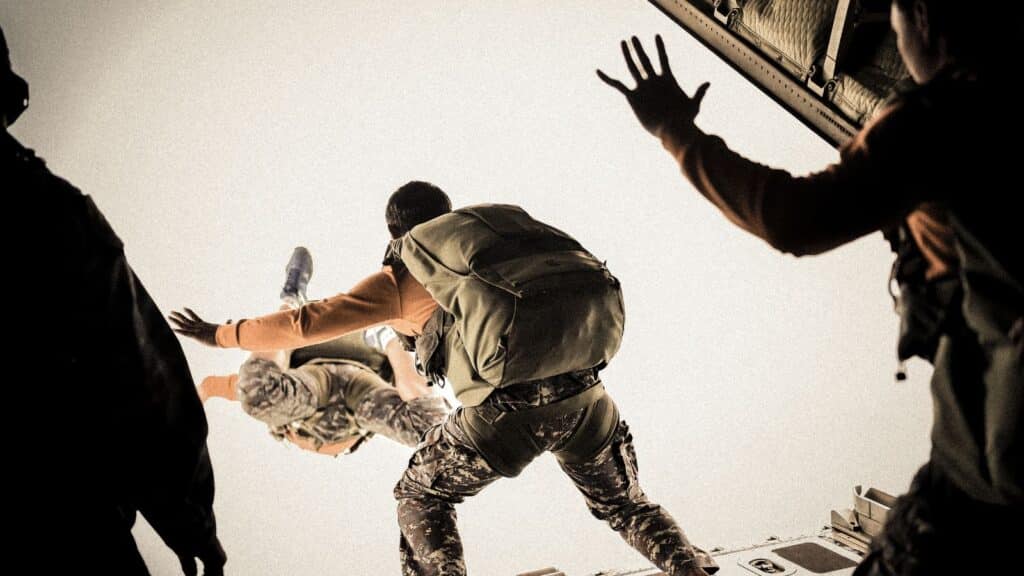
This phrase originates from aircraft pilots who had to fly as fast as possible, pushing the leaver (with balls on the end) as hard as possible. Now, people use the phrase when pushing as hard as they can, in a race, for example.
“Backfire”

Backfire is a strategic term where an action or plan produces the opposite of the intended effect. More commonly, the term describes a plan that doesn’t work out how we intended it to.
“Bought the Farm”

This term is used when someone from the military dies. The exact origin of the phrase is unknown but is thought to come from the pay-off that family members received when a loved one was killed, meaning they could pay off the farm. In civilian life, it is used more generally when someone dies, more so when someone is in the military.
“Battlefield”
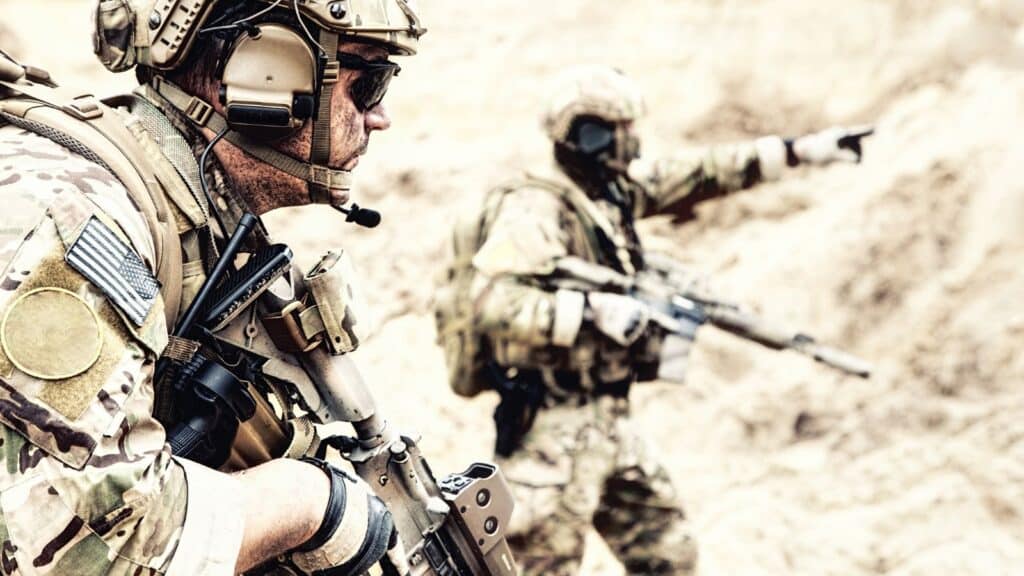
A battlefield is a physical area where opposing military forces engage in combat. It could be a specific terrain feature like a valley, open field, or urban area. Civilians commonly use the term to refer to a place where there is intense action, such as a football final or boxing ring.
“Behind Enemy Lines”
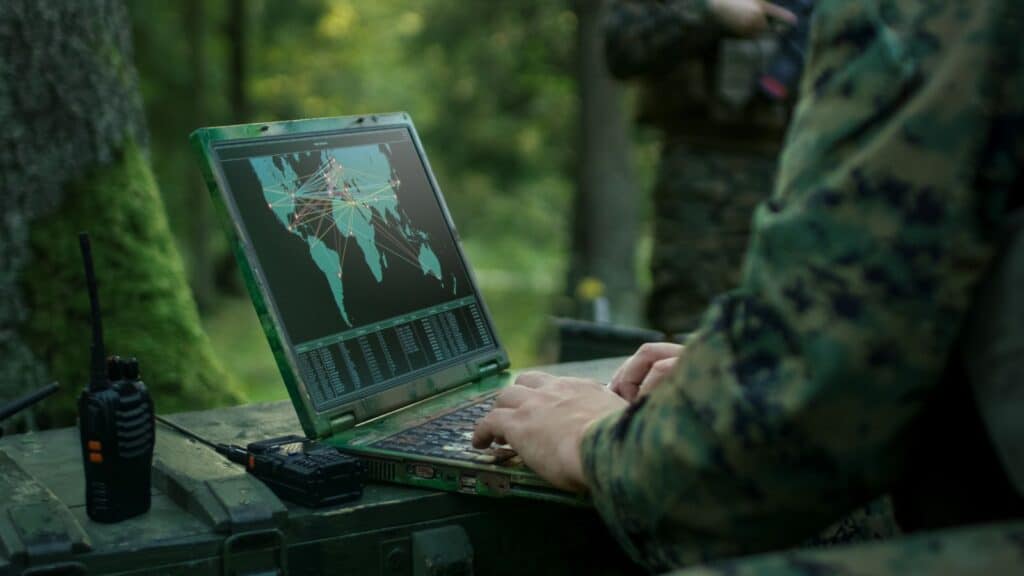
This area is under the control of an opposing military force. It can be a specific location or a larger land or sea region. The phrase is often used in everyday life when describing a challenging situation.
“Bite the Bullet”
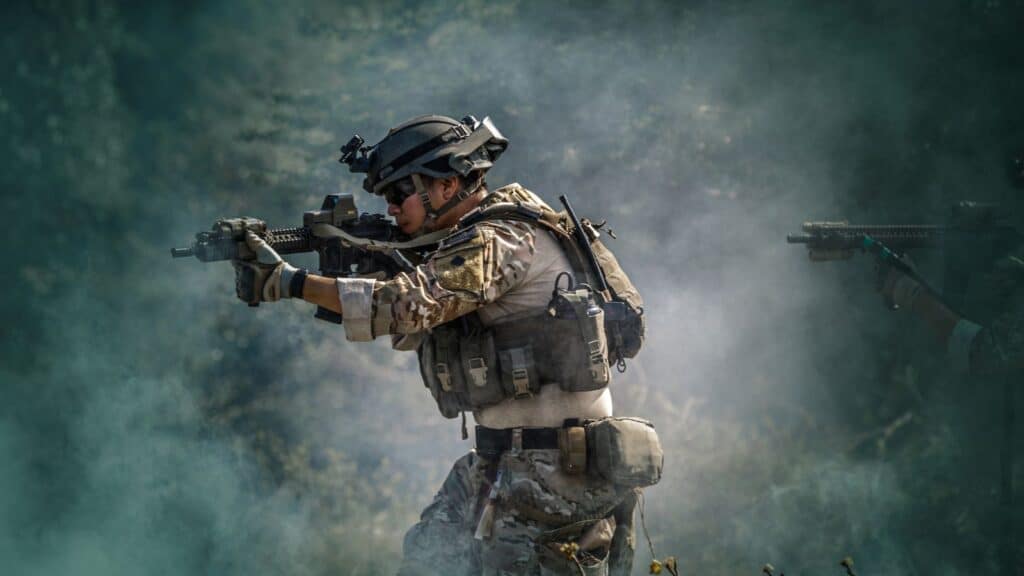
In military terms, “bite the bullet” refers to a description of a soldier steeling themselves to endure a dangerous mission. It is also a very popular term used when people have to face difficult situations or make a decision that is not easy.
“Boots on the Ground”
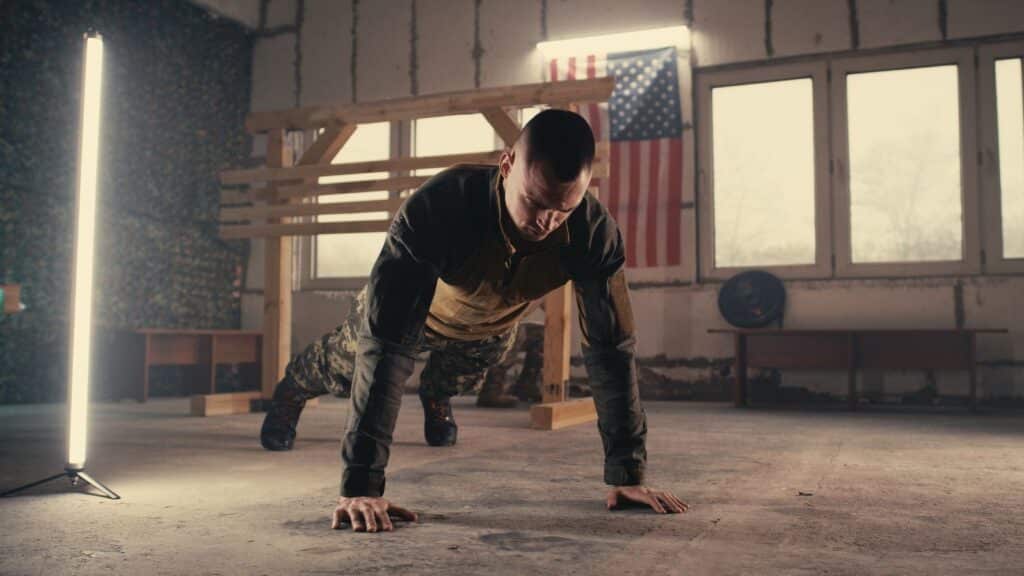
The literal meaning of this saying refers to soldiers with boots physically present in a conflict zone or area of operation. It is commonly used in everyday life when as many people are needed to achieve a task.
“Bridge the Gap”
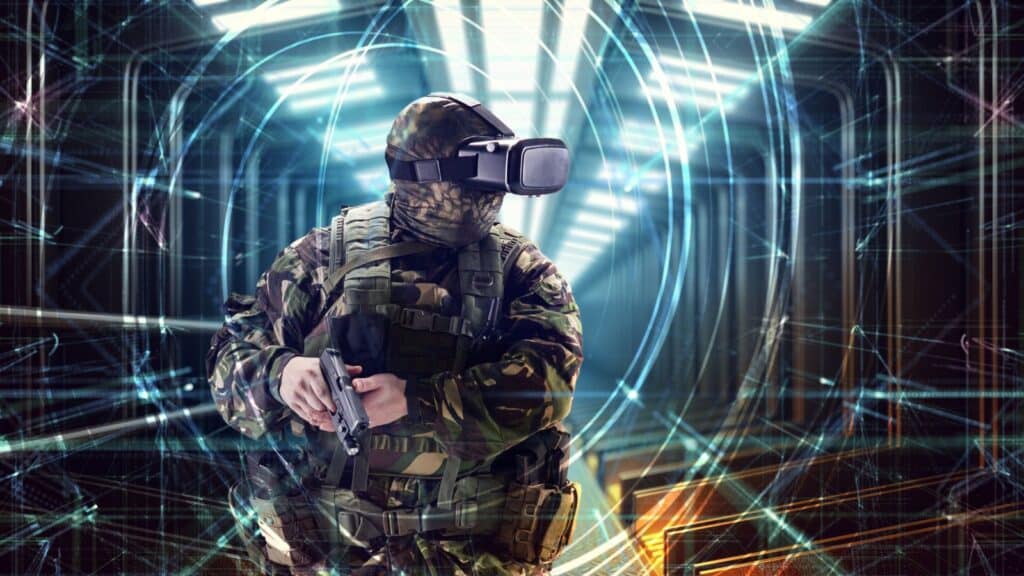
This refers to a situation where there’s a difference between an existing military capability and what’s needed for a particular mission or threat. Addressing the shortfall could involve developing new technologies or training soldiers in new skills. Outside of the military, employers often use the term when they are looking for new recruits.
“Casualties”

Casualty is a common term that most people use to describe those who are injured or killed. The term is believed to have been used by the military since the 16th century when soldiers died in a war.
“Caught a Lot of Flak”
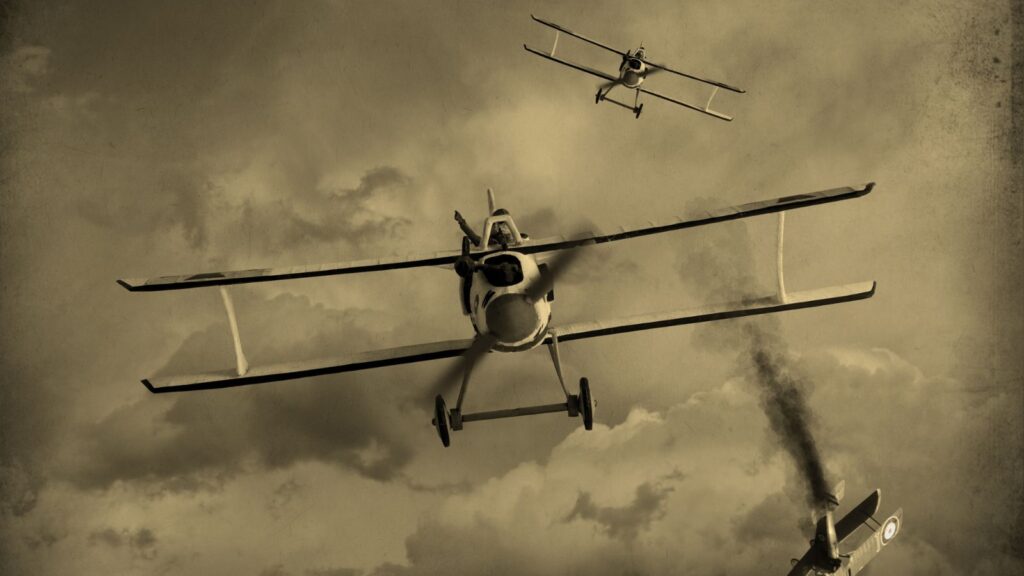
Flak stands for Fliegerabwehrkanonen, German for “aircraft defense cannon.” These were anti-aircraft guns used during World War I and World War II to shoot down airplanes. Over time, the term evolved beyond its literal military meaning. “Caught a lot of flak” now means to receive criticism, disapproval, or opposition.
“Collateral Damage”

This term relates to unintended death, injury, or destruction of property caused by a military operation. You now hear the term “collateral damage” in everyday life when it is used to downplay the loss of people or things that get in the way of a goal.
“Cover Fire”
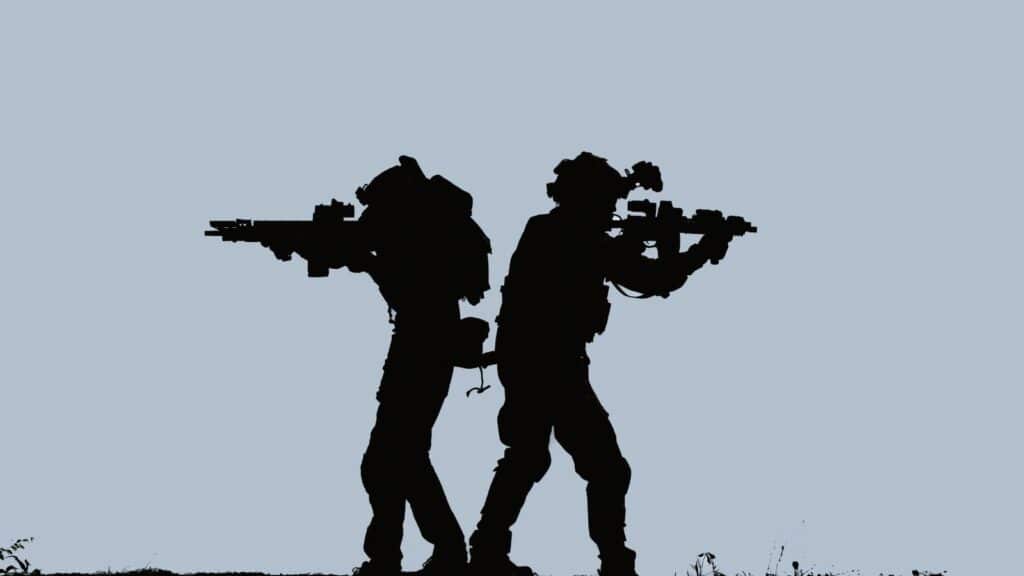
“Cover fire refers to gunfire intended to provide protection for other troops moving into position or withdrawing from an area. Outside the military, “cover fire” protects those who may come to harm while trying to achieve something. An example of this can be when one person takes the blame for a friend as they know they will get into less trouble.
“Déjà Vu”

While not necessarily a military term, some soldiers might describe a sense of foreboding or a feeling that they’ve been in a similar situation before a battle. It is more well known for describing the sense that you have already experienced an event.
“Dogfight”
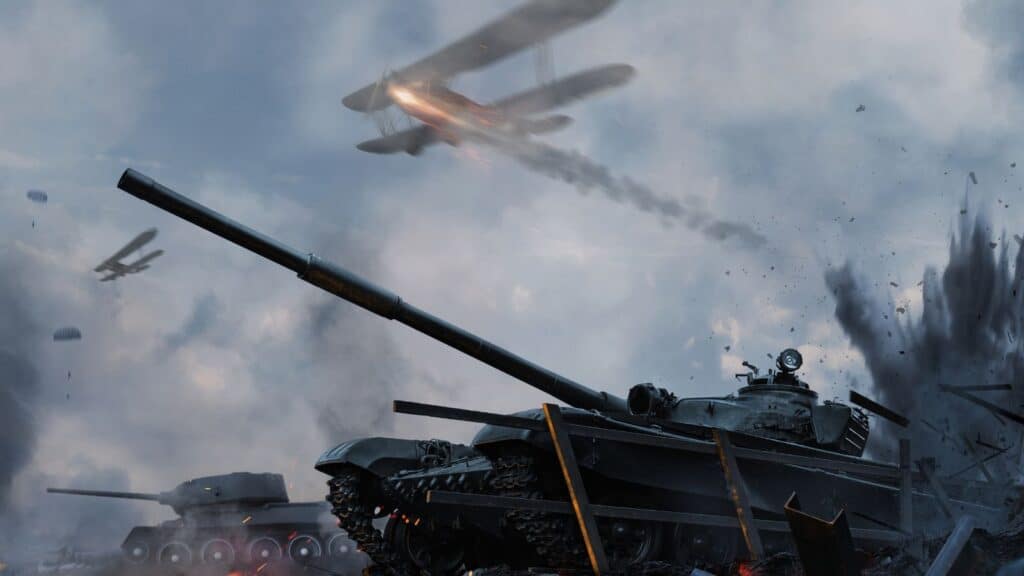
A dogfight is an air battle between fighter aircraft conducted at close range. Unlike long-range missile attacks, dogfights involve intense maneuvering and close proximity between the aircraft. The more popular usage is to refer to a close competitive game or battle.
“Fallout”
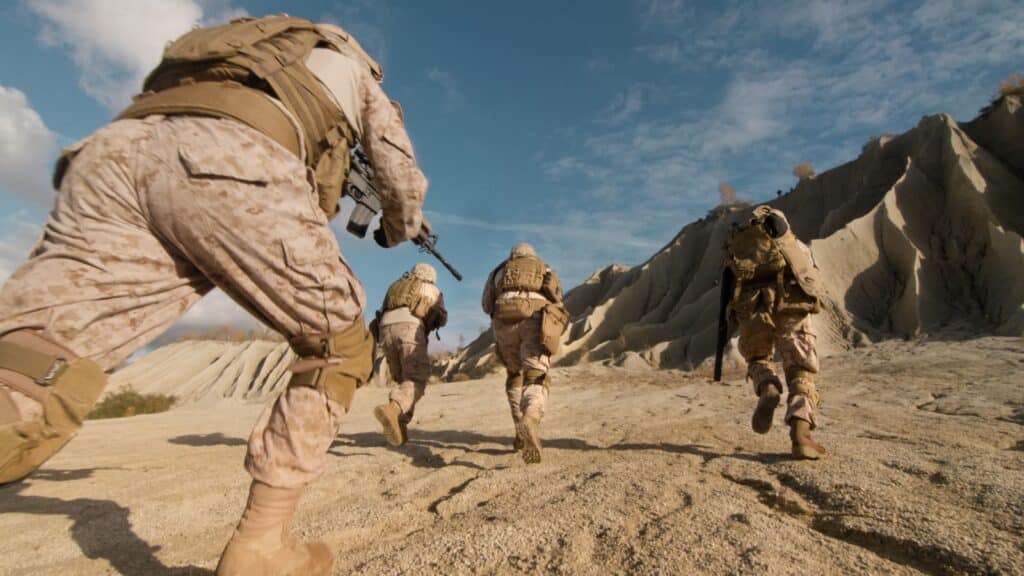
This is both a command used to instruct soldiers to leave their current formation or position and a term for the radioactive debris from a nuclear explosion. It is more commonly known as the negative consequences of an often unexpected action.
“Flashpoint”
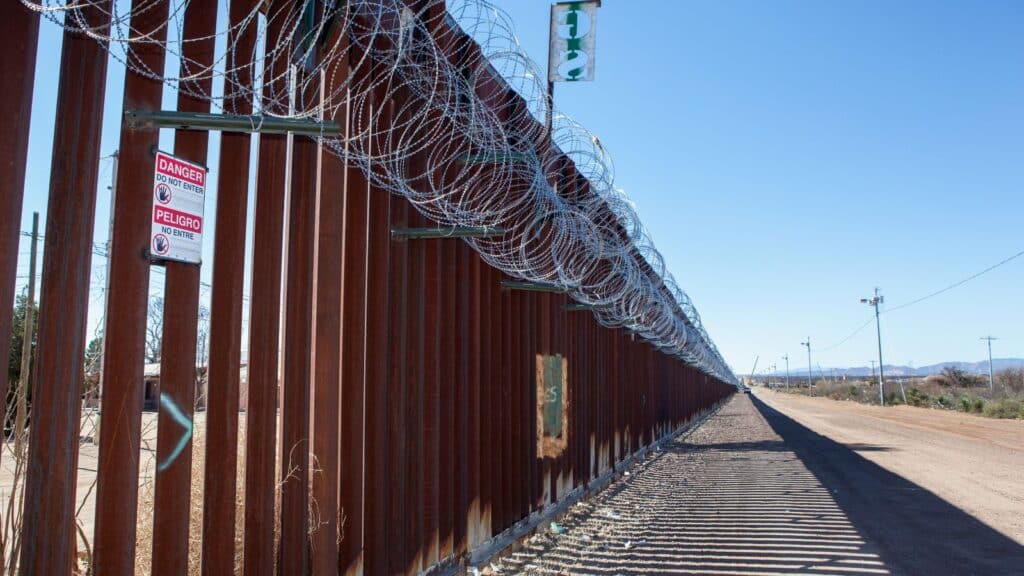
In military terms, a flashpoint is a geographic location or region with a high potential for violent conflict. More commonly, it refers to areas with friction and political unrest.
“Guerilla Warfare”
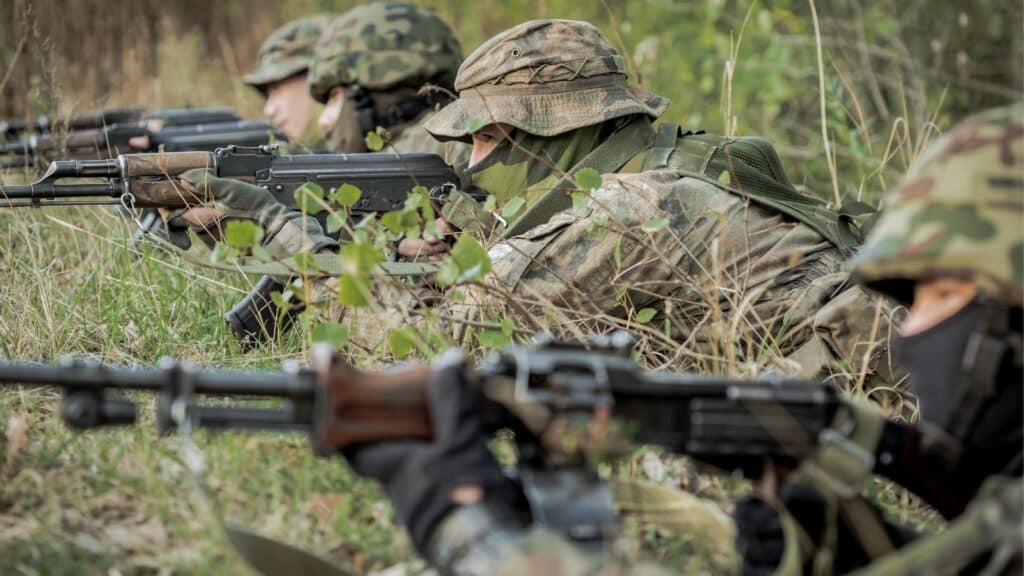
Guerilla warfare is a type of warfare that is conducted by small bands of fighters who use surprise attacks and hit-and-run tactics against a larger army. It has moved out of the military to refer to the general use of unexpected and unconventional tactics.
“Heads Up”
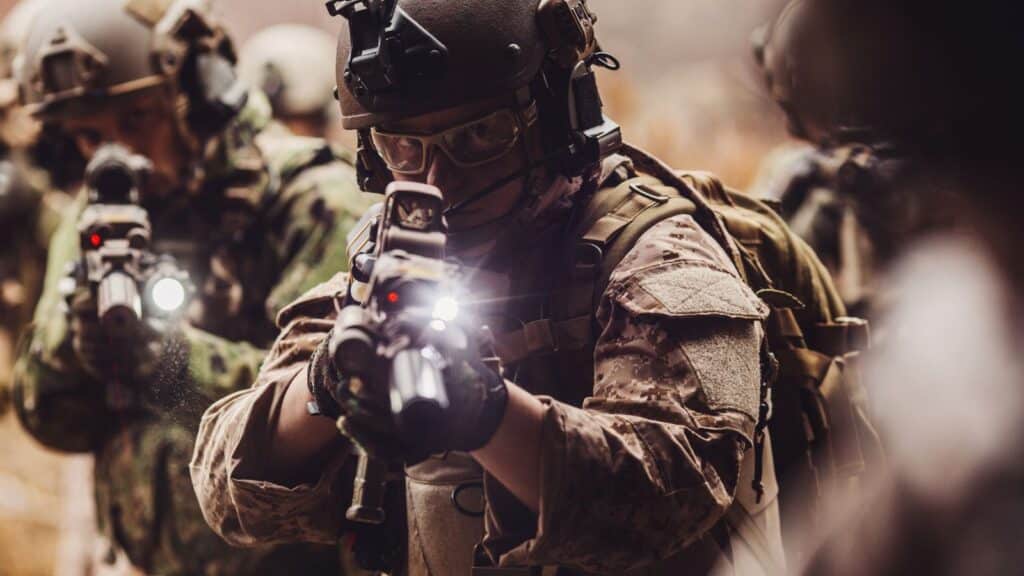
“Heads up” is a popular term for warning people about a pending threat so they aren’t taken by surprise. In the military, it’s used as a quick verbal warning to soldiers to be aware of their surroundings or an incoming threat.
“Hold Fire”
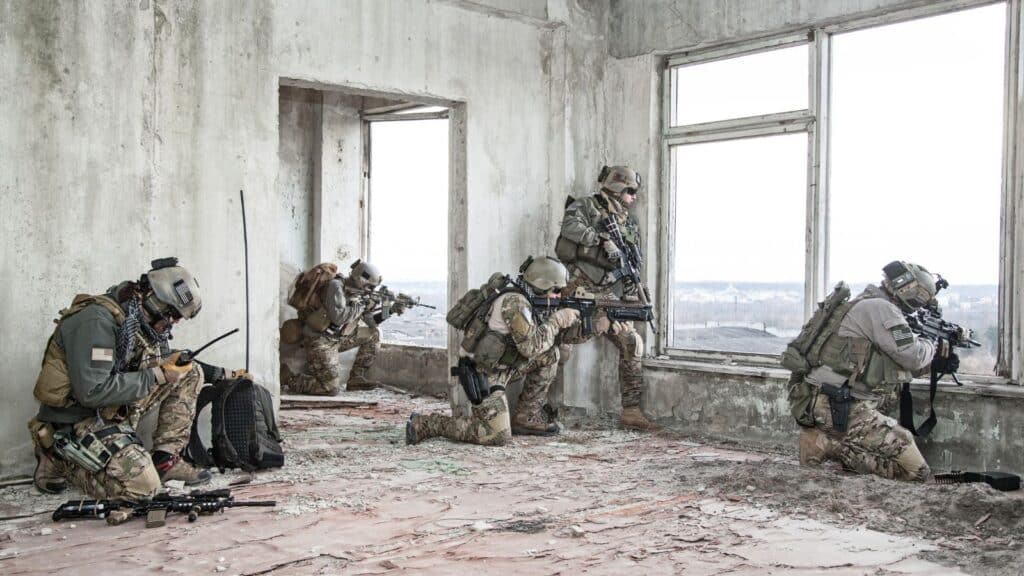
Hold fire is a simple order to stop shooting, and it is not used by many people as an instruction to halt proceedings. The term may have originated from hunting terminology, as military language often borrows from other contexts.
“Intelligence”

Intelligence is information collected about an enemy or competitor that can transcend the military into civilian life. In addition to police and security intelligence, there is a wealth of industries that use this terminology.
19 Grim Realities of Dating After 50 That Are Often Overlooked

19 Grim Realities of Dating After 50 That Are Often Overlooked
26 Things That Will Be Extinct Because Millennials Refuse to Buy Them

26 Things That Will Be Extinct Because Millennials Refuse to Buy Them
24 Outdated Slang Terms You Absolutely Shouldn’t Be Using Anymore

24 Outdated Slang Terms You Absolutely Shouldn’t Be Using Anymore
25 Hardest Parts About Getting Older That No One Ever Talks About

25 Hardest Parts About Getting Older That No One Ever Talks About

